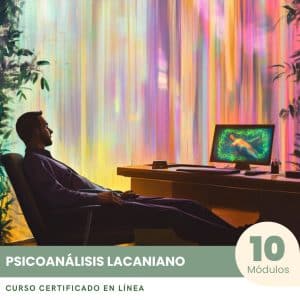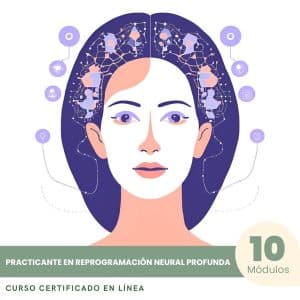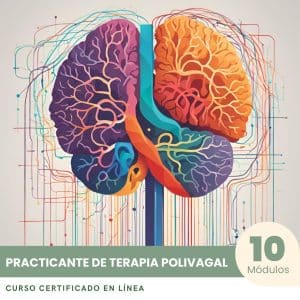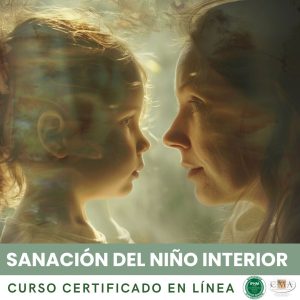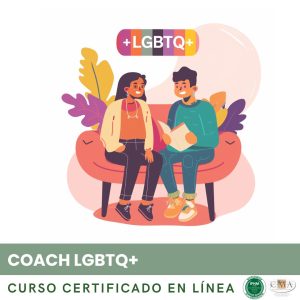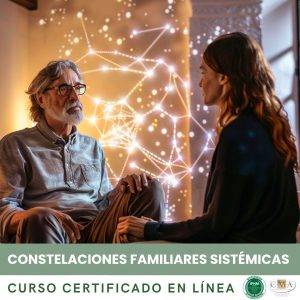5.9 – Laughter therapy in intercultural and international contexts
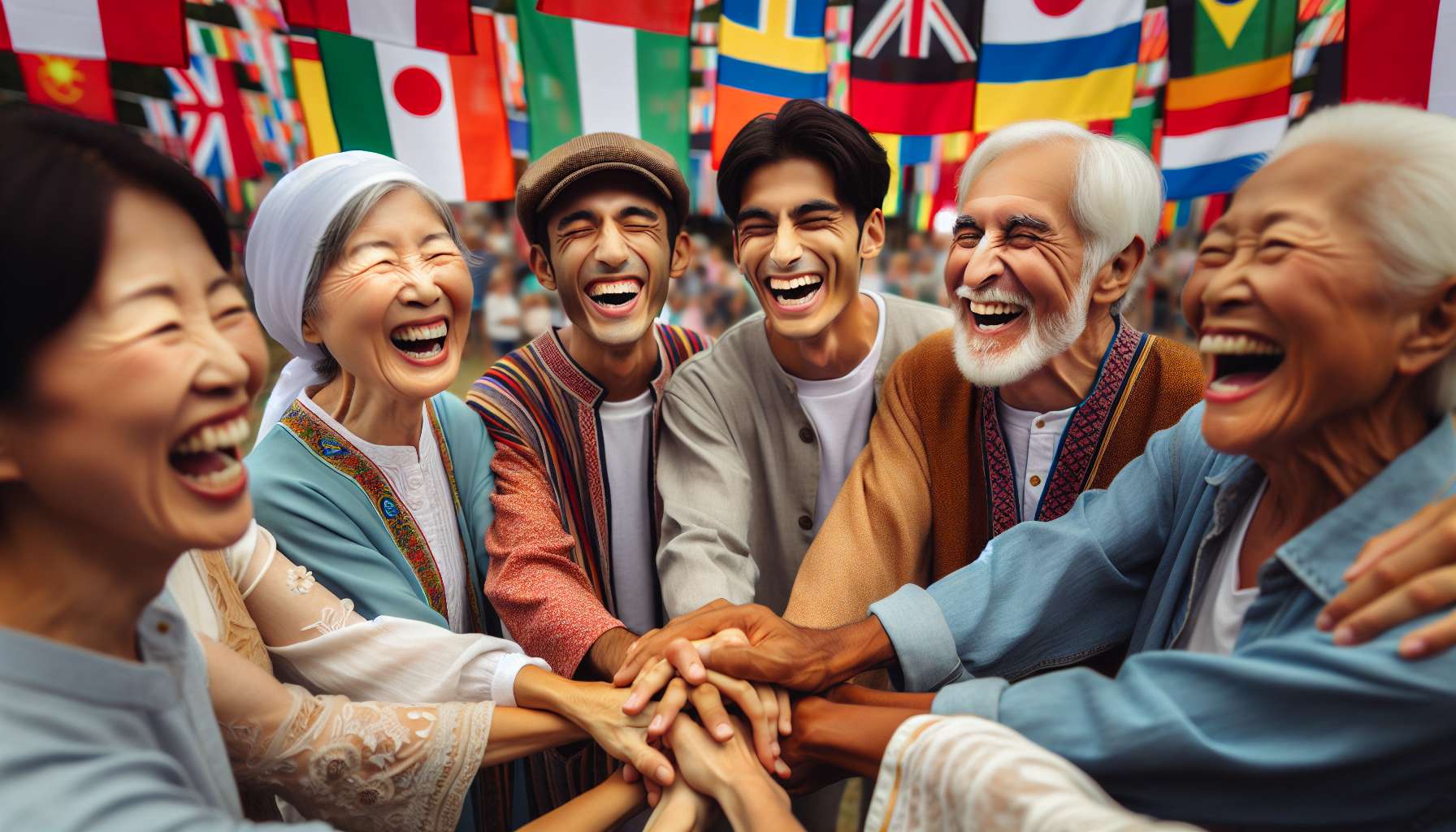
Laughter therapy finds a particularly relevant application in intercultural and international settings, where it offers numerous benefits for dialogue, mutual understanding, and peace among people. Faced with the challenges of living together in a globalized world, such as prejudices, discrimination or even conflicts, laughter appears as a wonderful universal language to celebrate diversity, overcome differences, and recognize each other in our shared humanity.
In intercultural communication, the practice of shared laughter allows us to create a connection beyond barriers of language, codes, and representations. To laugh together is to understand and get to know each other, even before exchanging words. Laughter workshops bringing together participants from various backgrounds provide an opportunity to live a common experience, to be amazed at the different ways of laughing and expressing emotions. They encourage stepping outside of stereotypes, enriching oneself through cultural diversity, and broadening one’s worldview. For individuals who do not share the same mother tongue, laughter provides a space for benevolent and egalitarian encounters.
Inspiring example: Since 2016, the association “Clowns Without Borders” has been organizing “Laughter Caravans” in refugee camps in Europe. For several weeks, clown artists of different nationalities travel through the camps to offer shows and participatory workshops to children and families from various communities. Beyond psychosocial support, these interventions aim to create bridges through laughter between refugees and local populations. Testimony from a clown: “When one sees a Syrian child and a Serbian child laughing together at our antics, one thinks that peace is possible and that art and humor can achieve what politics fails to do”. A great example of the power of laughter to bring cultures closer together.
In terms of conflict resolution, laughter is also an extraordinary tool for de-escalation and reconciliation. By bringing a breath of lightness into contexts of tension or violence, it allows for changes in perspective, diffuses adversarial logics, and opens a space for dialogue. “Laughter for peace” initiatives, such as “laughter days” simultaneously organized in conflict-ridden cities, testify to the capacity of laughter to gather yesterday’s enemies around a common project and recreate bonds where they have been broken. Laughing at oneself and the absurdity of war is already a step towards the other and their suffering.
Remarkable anecdote: In 2002, during the second Intifada, a group of Israeli and Palestinian students created the “Laughter Group for Peace” at Tel Aviv University. Each week, they got together to share jokes, funny stories and laughter exercises, getting to know each other beyond prejudices and fears. Despite criticism from their respective communities, they continued to laugh together, convinced that it was the best way to build peace. Some became lifelong friends and extended the initiative to other universities. A great example of the resilience of laughter in the face of the madness of war.
But laughter is also an excellent vehicle for solidarity and international cooperation. By creating bridges of humanity across borders, it stimulates the impulses of empathy, generosity, and commitment to suffering populations. Associations that use humor in their awareness or fundraising campaigns observe a stronger mobilization from the general public. Laughing together makes you want to act together, in the name of universal values. Initiatives such as “Solidarity Laughter” or “Humanitarian Clown” thus invite each person to become an agent of change, putting their laughter at the service of the most vulnerable.
For professionals in international solidarity, often confronted with situations of distress and injustice, laughter therapy is also a valuable tool for resilience and prevention of compassion fatigue. By integrating spaces for refreshment through laughter into their mission framework, they can better manage their stress, gain perspective, and maintain their commitment over time. NGOs like “Doctors of the World” or “Action Against Hunger” therefore offer laughter and humor training to their expatriate teams to help them cultivate joy despite field difficulties.
In concrete terms, laughter therapy can take various forms in intercultural and international contexts:
– Laughter workshops gathering participants from various cultures, facilitated by practitioners trained in the intercultural approach
– “Laugh for Peace” events in conflict or post-conflict zones, in partnership with local artists and leaders
– Training of international cooperation professionals in the virtues of laughter and cultural intelligence
– The integration of laughter exercises in cultural exchange programs, interfaith dialogues, or reconciliation
– Awareness campaigns using humor to mobilize around the major global challenges (climate, migration, human rights…)
Among the exercises particularly adapted to intercultural contexts, we can mention:
– Greeting laughs in different languages to familiarize oneself with cultural diversity
– Collective laughter in circles creating joyful connection beyond differences
– Humorous miming and grimacing that allows for communication without words
– Laughter dances to world music that invite to cultural sharing
– Laughter challenges in “mixed” teams that strengthen intercultural cooperation
For it to be fully beneficial, it is important that laughter therapy in an international context is adapted with respect and curiosity to each culture, avoiding any risk of appropriation or misstep. It requires practitioners trained in intercultural communication, capable of creating inclusive spaces where each person feels legitimate in bringing their way of laughing. Laughter should not erase differences but reveal the richness of human diversity.
Inspiring example: Since 2010, the association “Laughter Without Borders” has been organizing a “Transcultural Laughter Festival” which brings together laughter practitioners and comedians from different continents every year. For a week, they exchange their approaches, facilitate workshops open to the public, and collectively create a mixed show. The goal is to show that laughter can be a bridge between cultures, a celebration of our common humanity. Testimony from a Togolese participant: “Despite our differences, we realized that we had the same way of laughing about our troubles. It restored my confidence: if we can laugh together, we should be able to build a better world together”. A great example of the universal reach of laughter as the leaven of fraternity.
Ultimately, by cultivating joy and otherness on the international stage, laughter therapy is a wonderful school of life and global citizenship. A practice as light as it is profound, to make shared laughter the cement of a fairer and more solidarity-driven world.
Key points to remember:
– Laughter therapy is particularly relevant in intercultural and international settings, where it promotes dialogue, mutual understanding, and peace between people.
– Shared laughter allows a connection to be created beyond barriers of language, codes, and representations, encouraging a step away from stereotypes and an enrichment through cultural diversity.
– Laughter is a tool for de-escalation and reconciliation in conflict situations, allowing the defusing of tensions and opening of dialogue spaces.
– Laughter is a vehicle for solidarity and international cooperation, stimulating empathy, generosity, and commitment towards suffering populations.
– For professionals in international solidarity, laughter therapy is a tool for resilience and prevention of compassion fatigue.
– Laughter therapy can take various forms in intercultural contexts: workshops, “laugh for peace” events, trainings, integration into cultural exchange programs, awareness campaigns.
– It is important that laughter therapy should be adapted with respect and curiosity to each culture, by practitioners trained in intercultural communication.
– By cultivating joy and otherness on the international stage, laughter therapy is a school of life and global citizenship, to make shared laughter the cement of a fairer and solidarity-driven world.
👉 To download docx (Editable) file click here : Click here
👉 To download PDF file click here : Click here
👉 To download MP3 file click here : Click here
